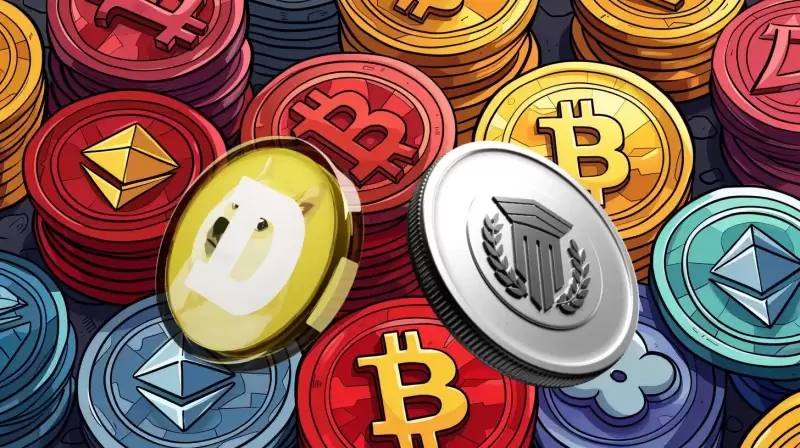South Korea's Jeju Island is set to introduce an NFT-based travel card system in 2025 to boost the island's economy, especially among the young and tech-savvy population.

South Korea’s Jeju Island is planning to introduce an NFT-based travel card system in 2025. The goal of this initiative is to stimulate the island’s economy, particularly among the younger and tech-literate demographic. This NFT-based card system will offer discounts, subsidies, and integration with the local stablecoin, Tamna Jeon.
Jeju Island has been making efforts to digitally transform with a focus on blockchain since 2018. However, the island has faced challenges due to South Korea’s strict regulations on ICOs and NFTs. Regulators in Seoul have deemed NFTs to be speculative and not protected by law, banning their use in the gaming industry.
Despite these restrictions, 2019 saw the launch of Jeju Island’s own stablecoin, Tamna Jeon, which is used for tourist cards and provides incentives to buyers and sellers. Now, Jeju Island is continuing these initiatives and aiming to integrate NFTs into the Tamna Jeon tourist card and stablecoin system.
According to CNB News, this NFT could be implemented for those who have passed the Olle section, and discounts can be given to these NFT holders.
“NFTs can be issued for each type of tourism, such as restaurants, museums, and Oreum, to organize them as a collection. In addition, when distributing livestock and fish products such as Jeju black pork, Hallabong, and cuttlefish, you can definitely prove the origin of Jeju, or you can use NFTs for donations, currency exchange, and payments. All of this is aimed at boosting the island’s economy and attracting a younger and tech-savvy generation of visitors while expanding and improving services.”
The governor of the island, Oh Young-hun, is pushing for a change in norms for the NFT.
“This year, we are focusing on digital transformation and preparation step by step, and its core is in line with Web 3.0. It is possible to apply the new Web 3.0, including the use of NFT in all areas of the process, so I hope we will discuss ways to take another step forward.”
This development showcases a potential scenario where an initially hyped technology experiences a period of excessive attention, followed by a downturn, and ultimately finding its true use and value. While regulators might not be keeping up with possible initiatives, other jurisdictions are already embracing this trend, and we may see further updates on this front.






















































































